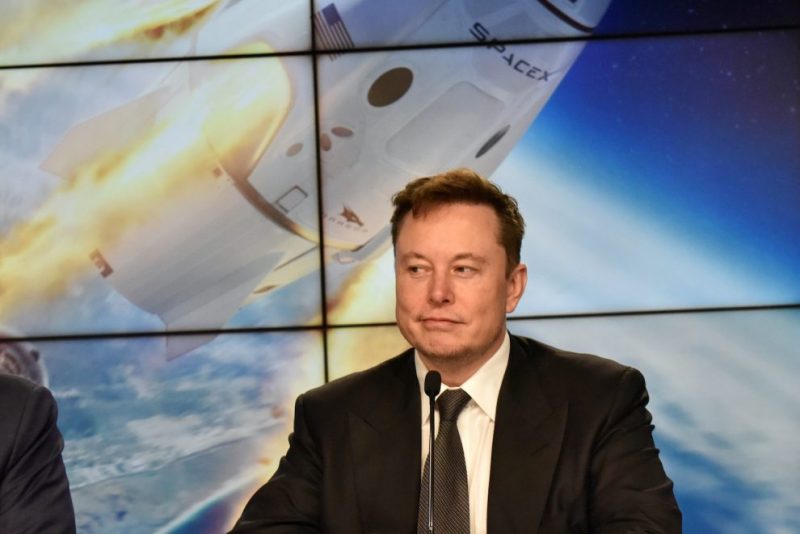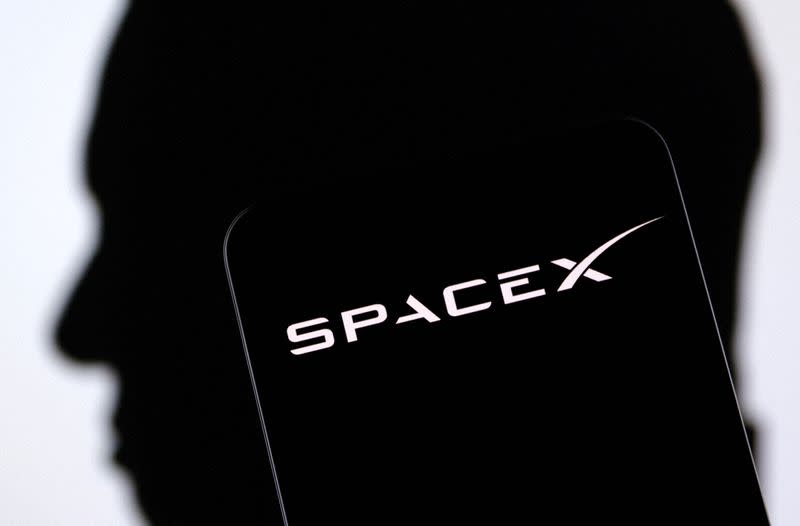SpaceX’s push to provide communication services to Vietnam via its Starlink satellite network has hit a snag, which has seen support for its coast-guard drones cut, sources say.
Authorities in Hanoi had been keen to upgrade the country’s internet infrastructure after problems – outages at its five major underwater fibre-optic cables.
The country also needs satellite service for both its mountainous regions and offshore areas in the South China Sea, where it is often at odds with China over contested boundaries.
ALSO SEE: Major Investment Shifts in Asia, as China Hedge Funds Plunge
Hanoi reluctant to relax foreign ownership limit
Talks between Elon Musk’s company and Vietnamese authorities had been underway for months last year, an industry source briefed on the discussions said, with SpaceX officials participating in a large US business mission to Vietnam last March.
A Vietnamese official confirmed that SpaceX and information ministry representatives held several meetings from at least the middle of last year until November 2023.
But the discussions were interrupted in the last quarter of 2023 when it became clear that lawmakers in the Communist-ruled country would not soften foreign ownership limits for SpaceX, the industry source revealed.
The suspension of talks led to the interruption starting in November of Starlink’s previously unreported pilot services for Vietnam’s coast guard, which used the satellites to guide drones in the South China Sea and the Gulf of Thailand, a second Vietnamese official said.
None of the sources knew whether talks would resume.
The three sources, one from the private sector and two from Vietnamese state bodies, declined to be named because the information was not public.
SpaceX and Vietnam’s information ministry did not respond to requests for comment. Vietnam’s defence ministry did not reply to a request for comment.
SpaceX had been seeking an exception to Vietnamese rules limiting foreign ownership to a non-controlling 50% stake of telecommunication companies with network infrastructure, the industry source said.
But a revision of the country’s telecommunications law approved by parliament in November did not soften the limits.
In a draft decree released in February, meant to implement the revised law, authorities added requirements for satellite service providers regarding local presence and data traffic controls.
The industry source said SpaceX had also been in discussions with Vietnam about providing technology services for military outposts.

Satellite internet service a worry for authoritarian states?
Questions over data traffic control suggest satellite internet services may be seen as a threat to state censorship. Authoritarian states that like tight control of the media see this as a domestic security concern.
Another factor may have been Chinese President Xi Jinping’s visit to Hanoi in December to bolster ties with its southern neighbours, just months after they hosted US President Joe Biden.
Xi was said to have offered faster cooperation on building infrastructure, notably an upgraded rail link to a port in northern Vietnam.
Wooed by both superpowers, Hanoi has a tricky path to tread and can perhaps be excused for taking its time to weigh different options.
SpaceX provides satellite services from its over 5,000 low-orbit satellites to customers in many countries, and a military-specific internet service called StarShield for the Pentagon.
Authorities in Beijing have been extremely concerned about the satellite service, which displayed its enormous strategic value when provided to Ukraine in its war against Russia.
A Chinese military researcher warned in May 2022 that Beijing needed to develop the ability to at least disable – or destroy – SpaceX’s Starlink satellite network if it proves to be a national security threat.
China has rushed to create its own global low-orbit satellite network since then, but its attitude to Starlink remains unchanged.
Last month, an op-ed in one of China’s military publications described the deployment of Starlink as a “serious threat to the security of space assets of various countries”.
Meanwhile, a report by Forbes early this week said US lawmakers are concerned that SpaceX is failing to provide its internet service to American defence forces in Taiwan.
The company has denied breaching its contractual obligations, but that issue looks set to be assessed by a panel of US lawmakers early next month.
Call for SC Sea maritime governance centre
A key underlying cause of tension between Hanoi and Beijing is China’s takeover of most of the South China Sea, which has upset five of its neighbours in Southeast Asia.
Chinese vessels, including coast-guard and research ships, frequently sail through Vietnam’s Exclusive Economic Zone (EEZ), according to data from vessel tracker services, and those intrusions and incidents in the South China Sea have triggered rowdy protests in Vietnam.
China claims areas within Vietnam’s internationally recognised EEZ, which extends about 200 nautical miles (370 km) from its coastline.
And if those problems are not enough, there is now a push for a maritime governance centre of excellence to help resolve the serious regional disputes in the South China Sea and other Indo-Pacific oceans.
The call follows talks in Bangkok and Manila in recent weeks about massive environmental damage in the South China Sea. Analysts say China and Vietnam are the worst offenders.
- Reuters with additional input and editing by Jim Pollard
ALSO SEE:
Congress Wants Musk to Explain Satellite Block in Taiwan – Forbes
SpaceX Launches Satellites Able to Beam Signals to Phones
China’s Xi Starts State Visit to Vietnam Aimed at Closer Ties
Japan Military to Adopt Musk’s Starlink Satellites by Next Year
Musk’s SpaceX Sets Launch Record With Latest Starlink Liftoff
Elon Musk’s Starlink to Connect With Planes, Trucks, Ships
China May ‘Need to Destroy’ Musk’s Starlink – SCMP
China Fears US Will Use SpaceX to Bring Calamity to World
US Lauds SpaceX Shutdown of Russian EM Attack – Defense News
























